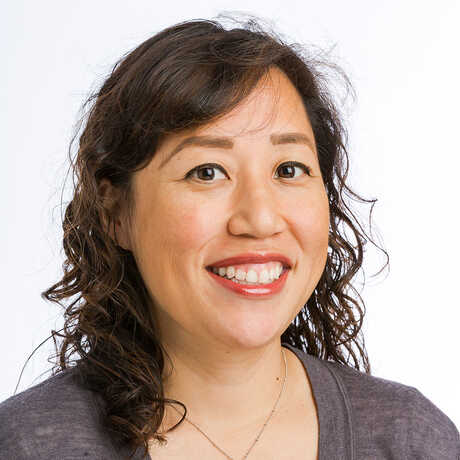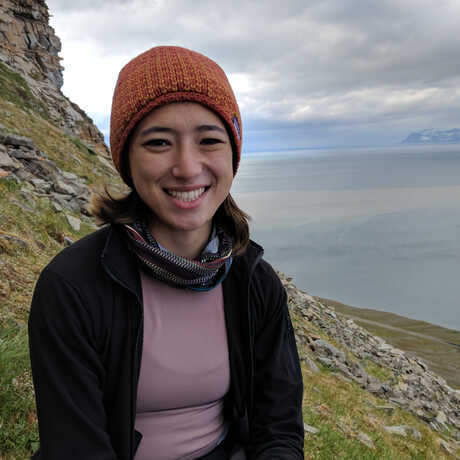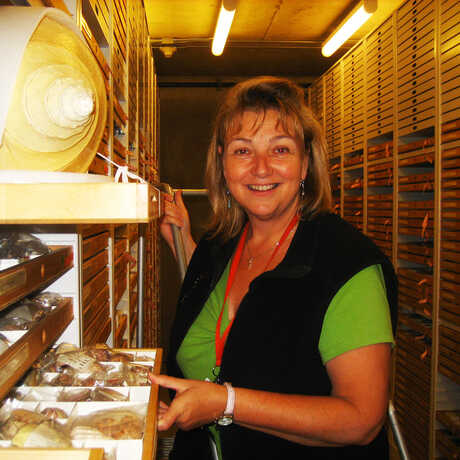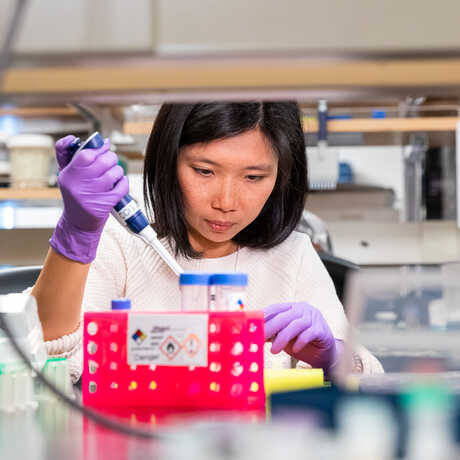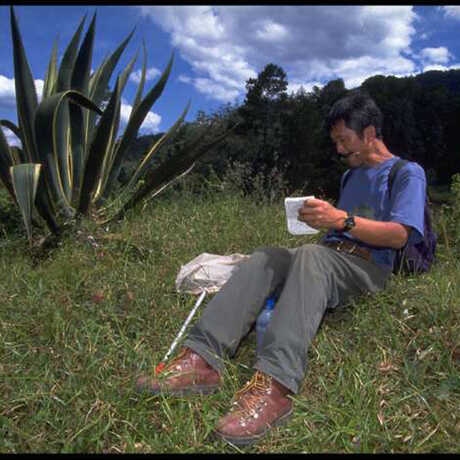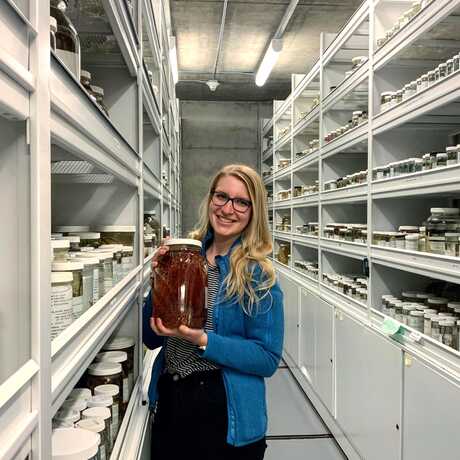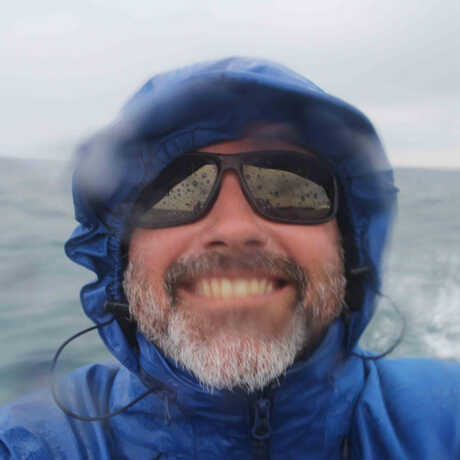Rebekah Kim has worked more than 10 years as a well-respected library professional in the Bay Area at institutions such as Dolby Laboratories, Google, the Computer History Museum, the GLBT Historical Society and The Yerba Buena Center for the Arts. In these roles, she helped capture Google’s early history, assisted the production team for the movie “Milk” (2008, directed by Gus Van Sant) and processed physical and digital archival materials from the dawn of the computing age.
Search for Academy curators, collections managers, and research staff working to answer some of the world's most pressing scientific questions.
I am a Curatorial Assistant in the Recent Invertebrate Collection at the California Academy of Sciences. I started as a volunteer in the department in 2014 and joined as a full time in 2017. My work currently is focused on digitizing our collections as part of the NSF funded DigIn Grant. The Invertebrate Zoology collection is aiming to digitize 56,000 marine non-molluscan specimen lots over the next 3 years.
I am an evolutionary biologist with research interests in the ecology, evolution, and conservation of marine ecosystems. I have used genetics to address a wide range of topics in the ocean, from sea cucumber fisheries in Fiji, to coral bleaching in American Samoa, to how mutations accumulate in coral colonies. Currently, I combine genomics with aquarium husbandry for important marine animals like corals and sea stars, in order to inform best practices for conservation breeding programs worldwide.
Chancey MacDonald is a post-doctoral researcher at the California Academy of Sciences, where he is a co-investigator of how depth interacts with the assembly drivers, functional structure, and ecology of global reef fish assemblages, as well as global stressors on mesophotic coral ecosystems. Chancey completed his PhD at James Cook University in Australia, where he investigated how depth influences a broad range of ecological relationships among coral-associated reef fishes.
